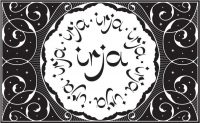Whatever Happened to the ‘Turkish Model’?
About five years ago, everyone was talking about the “Turkish model.” People in the West and in the Muslim world held up Turkey as a shining example of the compatibility of Islam and democracy. Recep Tayyip Erdogan, who was then prime minister and is now president, was praised as a reformist who was making his country freer, wealthier and more peaceful.
These days, I think back on those times with nostalgia and regret. The rhetoric of liberal opening has given way to authoritarianism, the peace process with the Kurdish nationalists has fallen apart, press freedoms are diminishing and terrorist attacks are on the rise.… Seguir leyendo »


